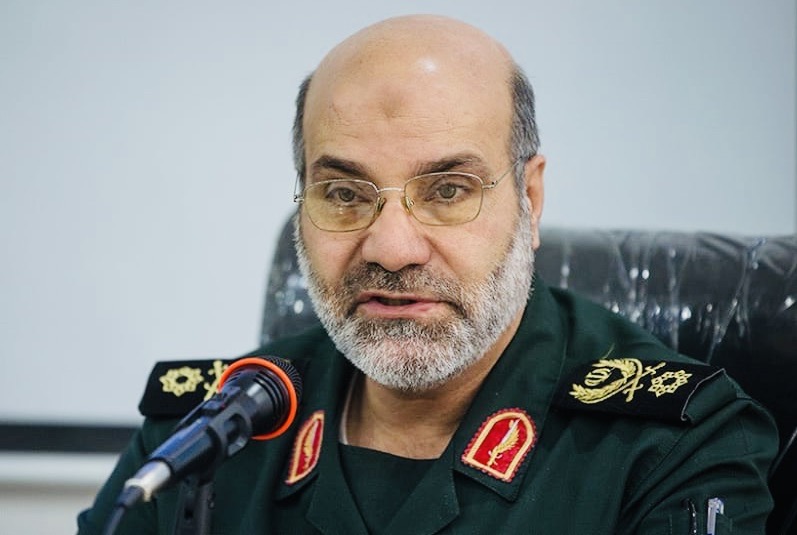Israel’s undeclared shadow war with Iran intensified on April 1 when it struck the Iranian embassy compound in Damascus, the capital of Syria. The air strike, carried out by a pair of F-35 stealth fighter jets, levelled what Iran claimed was its consulate.
The blast killed 13 people, among whom were three Iranian generals from the Quds Force, the external military arm of the Islamic Revolutionary Guards Force, and their deputies.
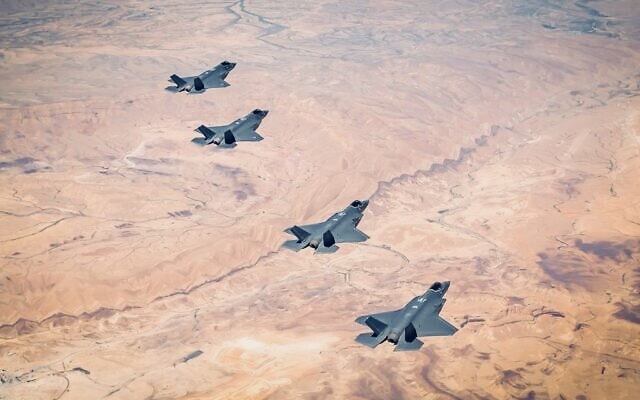
It was Israel’s deadliest attack against Iranian forces in Syria — Iran’s main Arab ally in the Middle East and Russia’s chief client state in the region.
Russia’s ambassador to the United Nations, Vasily Nebenzia, condemned Israel’s “flagrant violation” of Syria’s sovereignty and claimed that its “aggressive actions” further “fuel conflict, are absolutely unacceptable, and must stop.”
The attack occurred a month-and-a-half after Israel sabotaged two major natural gas pipelines in Iran, disrupting the flow of cooking gas and heat to millions of Iranians.
On April 2, Iran’s supreme leader, Ayatollah Ali Khamenei, issued a threat on his official website. “The evil Zionist regime will be punished at the hands of our brave men,” he wrote. “We will make them regret this crime.”
Iran’s ambassador to the United Nations, Amir Saeid Iravani, claimed that the bombing of its consulate building was a violation of international law, a breach of the United Nations charter, and a threat to the peace and stability of the region.
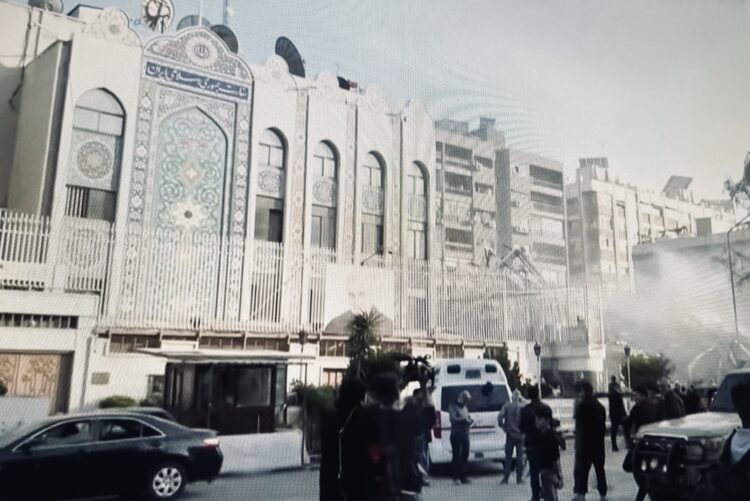
The secretary-general of the United Nations, Antonio Guterres, condemned the strike on Iran’s consular annex building. His spokesman, Stephane Dujarric, said, “The secretary-general reaffirms that the principle of the inviolability of diplomatic and consular premises and personnel must be respected in all cases in accordance with international law.”
The strike killed Brigadier-General Mohammed Zahedi and three of his deputies, including Hossein Aminollahi and Mohammad Hadi Haj Rahimi.
Zahedi, 65, was the highest ranking Iranian commander to be killed since the death of Major General Qassem Soleimani, the head of the Quds Force, who was assassinated by a U.S. drone strike in Baghdad’s airport in the early days of January 2020.
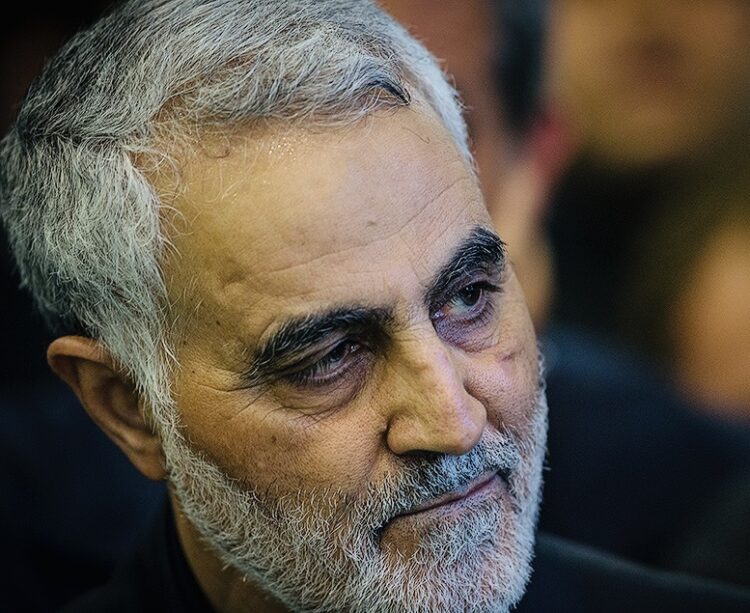
Soleimani was the architect of the Axis of Resistance, an Iranian association of military and political proxies in Iraq, Lebanon, Syria, Yemen and Gaza dedicated to Israel’s destruction, the ouster of U.S. forces from the Middle East, and the enhancement of Iran’s influence in the region.
Zahedi, the commander of the Quds Force unit in charge of operations in Lebanon, Jordan, Syria, Gaza and the West Bank, orchestrated attacks against Israel and was instrumental in building a “ring of fire” around Israel with the intention of destroying it.
Since the 1979 Islamic revolution, Iranian leaders have consistently and vocally called for Israel’s destruction. In 1992, Iranian and Hezbollah officials reportedly masterminded the bombing of the Israeli embassy in Buenos Aires, which caused the deaths of 29 Israelis and Argentinians.
Israel, in turn, has conducted a series of reprisal raids in Iran, assassinating several scientists linked with Iran’s budding nuclear program and blowing up parts of its infrastructure.
Under Iran’s guidance and support, Hezbollah in Lebanon, the Houthis in Yemen and the Islamic Resistance in Iraq have carried out unprovoked. attacks against Israel in the past six months.
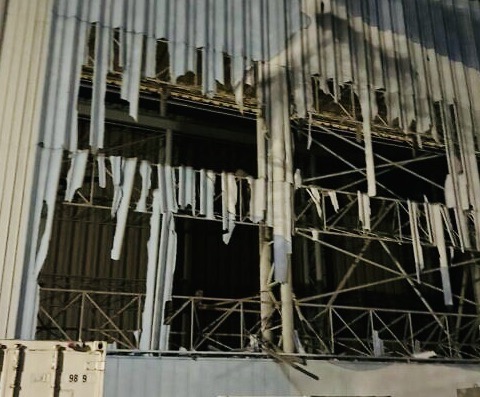
Most recently, a drone launched by an Iraq militia affiliated with Iran damaged a building at an Israeli naval base in Eilat. In November, a school in Eilat was hit by a drone fired from Syria, causing no injuries. And last month, a missile from Yemen struck an open area north of Eilat.
Israeli aircraft and U.S. naval vessels have shot down numerous Houthi missiles aimed at Israel since the outbreak of the Israel-Hamas war last October.
Iran claims it was not behind Hamas’ October 7 massacre in southern Israel that claimed the lives of roughly 1,200 Israelis and foreigners. But in a televised speech several days later, Iran’s supreme leader, Khamenei, praised the assault. “We kiss the foreheads and arms of the resourceful and intelligent designers” of the attack, he declared.
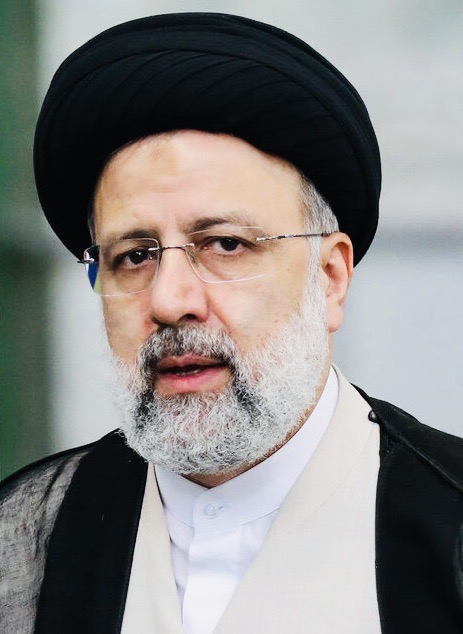
On October 29, Iranian President Ebrahim Raisi warned Israel that its bombardment of Gaza would trigger an armed response from “everyone.” As he put it on X, “The crimes of the Zionist regime have crossed the red lines, and this may force everyone to take action.”
A spokesman of the Islamic Revolutionary Guards Corps, Ramazan Sharif, said last December that October 7 it was retribution for the slaying of Soleimani.
The Iranian regime has not been directly involved in the Israel-Hamas war. But Iran has aided and abetted Israel’s enemies, notably Hezbollah, which initiated a low-intensity cross-border war with Israel on October 8 that may yet evolve into a full-blown war
Iran, too, has established military bases in Syria, which has been enmeshed in a civil war since 2011, in a bid to extend the “ring of fire” around Israel.
Responding to Iran’s aggression, Israel has attacked Iranian positions in Syria hundreds of times for the past decade. The Israeli Air Force has also bombed Hezbollah arms convoys en route to Lebanon without the interference of Russia, which maintains military bases in Syria
During this air campaign, which Israel has stepped up of late, Israeli jets have struck Syrian anti-aircraft batteries and bombed the runways the major airports in Damascus and Aleppo.
Since October 7, Israel has struck more than 4,500 Hezbollah sites in Syria and Lebanon, killing almost 300 Hezbollah operatives. On March 31, Israel assassinated Ismail Ali al-Zin, a senior commander of the Radwan force, which is tasked with invading the Galilee in a future war.
On January 20, Israel struck a building in Damascus, killing five Islamic Revolutionary Guards Corps operatives. On December 25, Israel killed one of their colleagues, Brigadier-General Razi Mousavi, in Damascus. He was reportedly responsible for coordinating Iran’s military alliance with Syria and supplying weapons to Hezbollah. In the wake of Mousavi’s assassination, Raisi vowed that Israel “will certainly pay for this crime.”
On March 29, in its heaviest air raid in Syria in years, Israel struck a base near Aleppo, killing 36 Syrian soldiers, seven Hezbollah fighters, and a Syrian affiliated with a pro-Iranian militia.
The war between Israel and Iran is bound to heat up following Israel’s strike in Damascus two days ago.
Iran has several options at its disposal.
It might try bombing an Israeli embassy. It might fire long-range missiles at Israel. It might induce Hamas or Islamic Jihad to carry out a suicide terrorist attack inside Israel. It might prod Hezbollah to increase its shelling of northern Israel.
Israel is presumably ready for an Iranian retaliatory strike, but it could lead to a regional war that would be devastating for both sides.
